#uncle bertie
Text


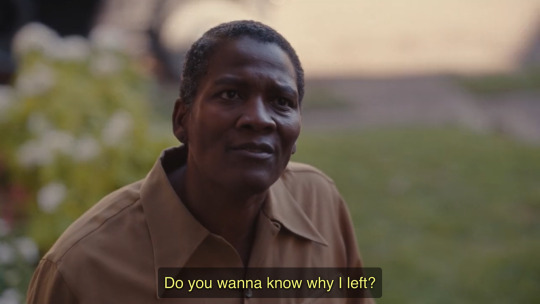




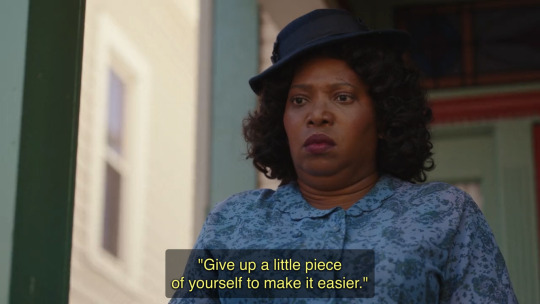

A League of Their Own (2022-)
#this scene is very important to me#i know every line by heart#a league of their own#aloto#transgender#lgbtqia+#gay cinema#lgbt pride#queer community#lgbtsource#gay film#lgbt film#gay movie#wlw#transmasc#uncle bertie#bertie hart#non binary#lea robinson
2K notes
·
View notes
Photo
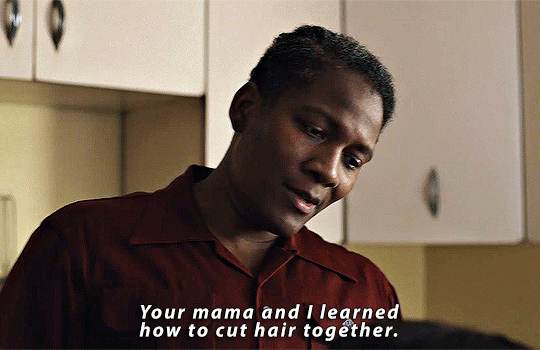
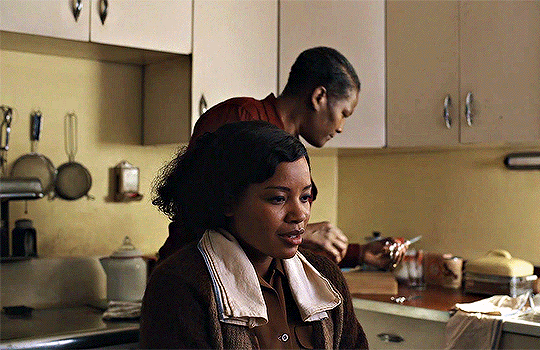
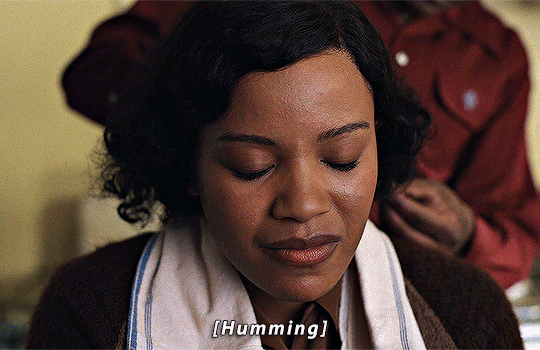



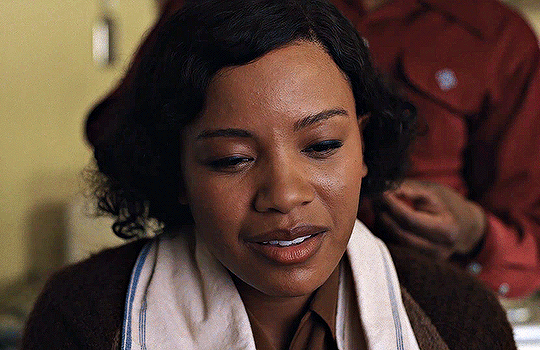
DON’T WORRY, MAX.
BERT’LL MAKE YOU LOOK REAL GOOD.
A LEAGUE OF THEIR OWN (2022-)
BACK FOOTED | 1.05
#a league of their own#alotoedit#max chapman#bertie hart#uncle bertie#chante adams#lea robinson#that last line makes me SOB#espc when the next ep is all about finding home
4K notes
·
View notes
Text

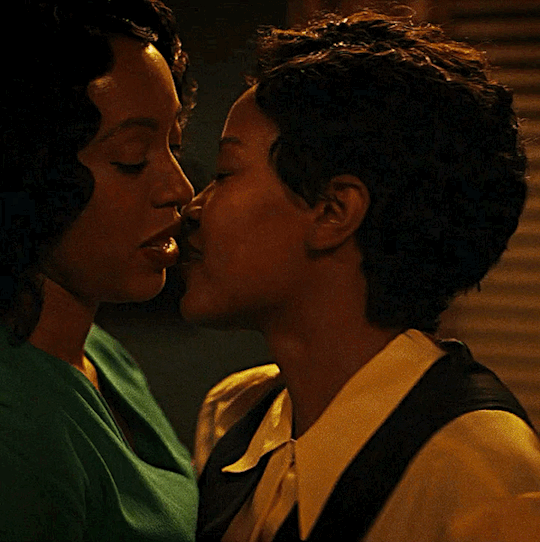
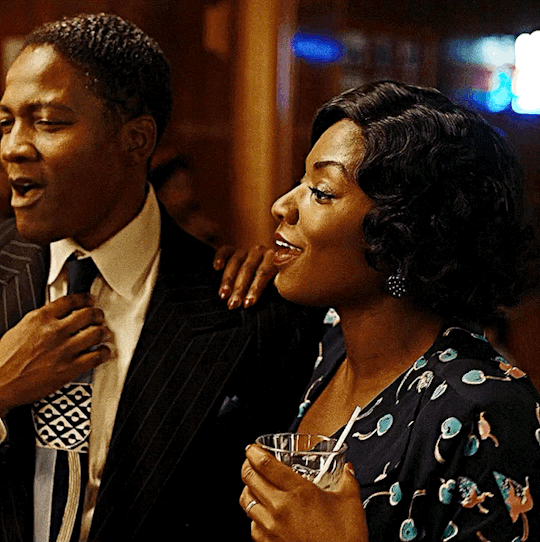
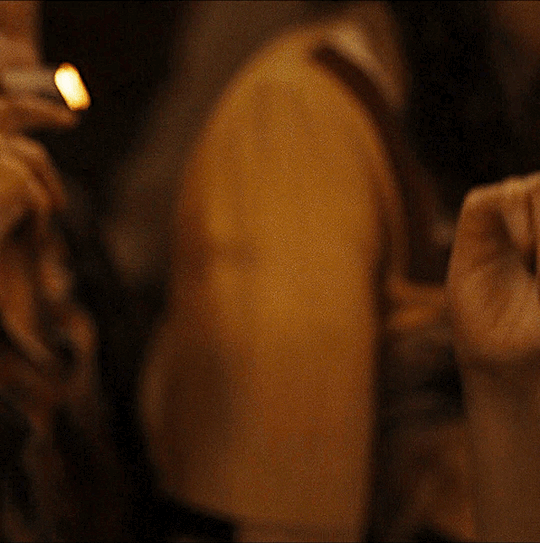
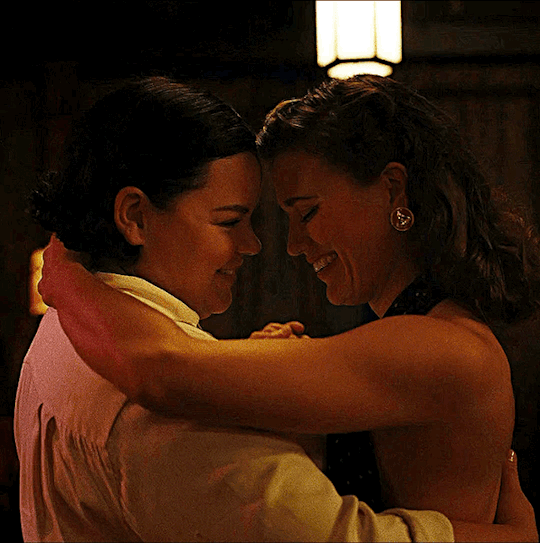

Happy Pride Month beautiful people!
#gif set#gifs#a league of their own#aloto#greta gill#carson shaw#max chapman#esther#uncle bertie#gracie#lupe garcía#jess mccready#jo de luca#flo#vi#edie#lgbtq#lesbian#wlw#pride month
839 notes
·
View notes
Text
can we talk about bertie and gracie for a second? because those two are a POWER COUPLE. i love them. they are too cute. LOOK AT THEM
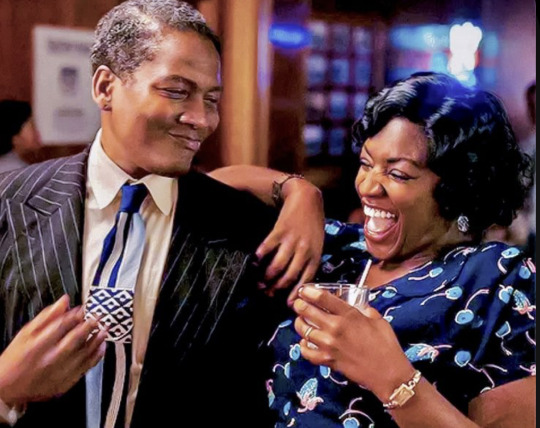
#a league of their own#aloto#renew aloto#aloto series#a league of their own series#a league of their own 2022#aloto 2022#uncle bert#uncle bertie#bertie hart#gracie hart#bertiexgracie#bertie x gracie#bert x gracie#bert hart x gracie hart#bertie hart x gracie hart#THEY ARE SO CUTE AND QUEER OMFG#I LOVE THEM SO MUCH
2K notes
·
View notes
Text
The writers of A League of Their Own gave equal consideration, focus, screen time and quality of storytelling to Carson and Max. They did it right.
So, if that isn't clear from fandom response - that Max was a co-protagonist- that's a failure on fandom.
Queer Black women and enbys, this show is very much for us, too. It's not all queer Black trauma and pain, either. There's plenty of joy for us here and love ❤️
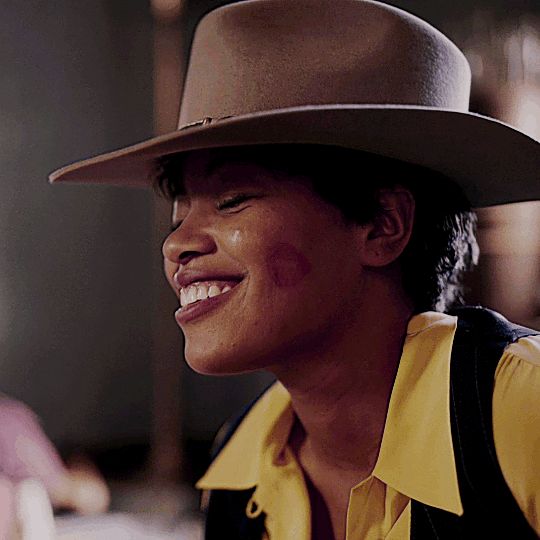
#a league of the own series#a league of their own#max chapman#and my best friend#bertie hart#uncle bertie
2K notes
·
View notes
Photo
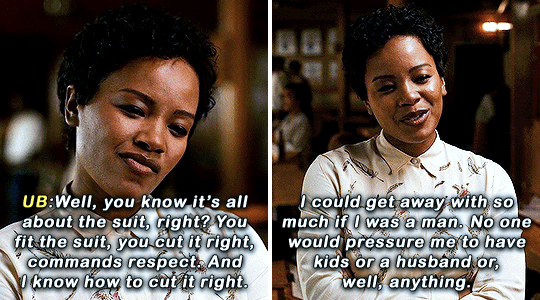
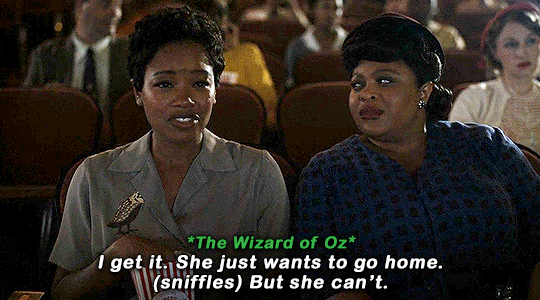

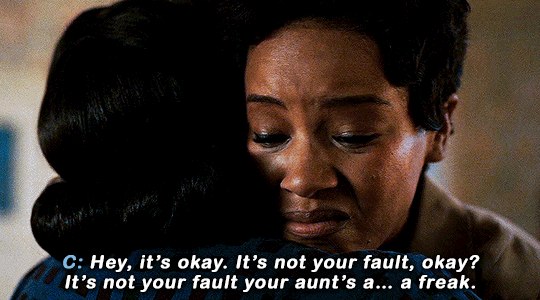
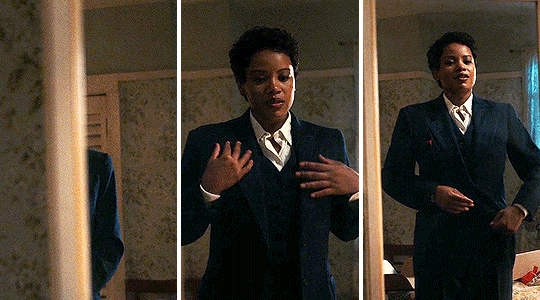
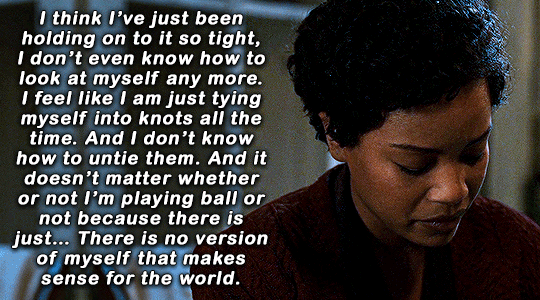
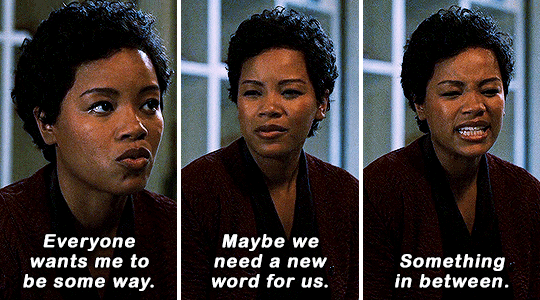
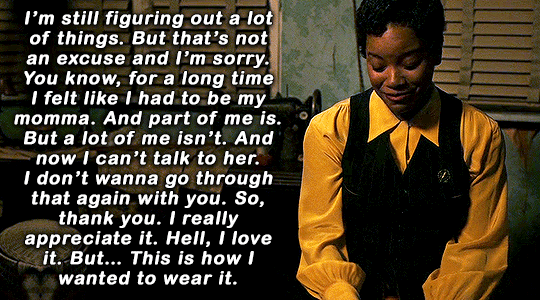

ALOTO 1x06 - Max’s Gender Journey
#aloto#a league of their own#alotoedit#max chapman#uncle bertie#tvedit#userbbelcher#blackactressesdaily#dailyfictionalblackgirls#wocdaily#lgbtedit#lgbtqedit#cinematv#dailytvandfilm#filmtvspot#s1#1x06#gifs#*#by purple#so important for max to have support#while figuring things out#finding a safe space and welcoming community#getting introduced to the family#i love to see it
2K notes
·
View notes
Text
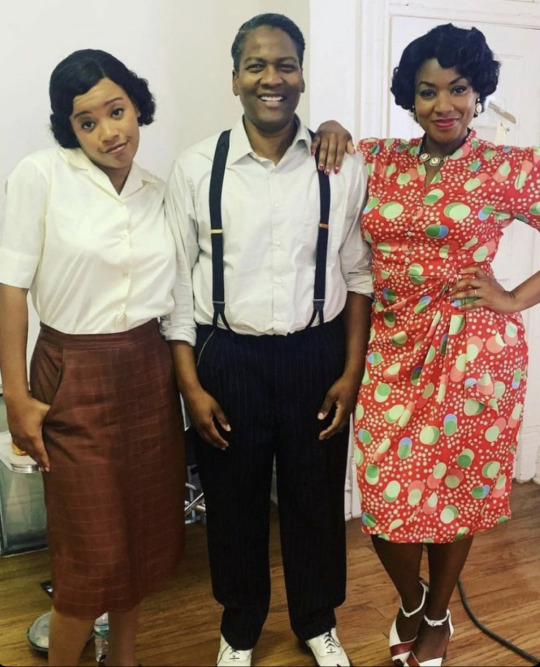
ok but… this picture is more important than anything in my life right now to me.
#JUST LOOK THEY ARE SO CUTE AND QUEER#a league of their own#aloto#aloto 2022#a league of their own 2022#renew aloto#chante adams#lea robinson#patrice covington#suit#gay#trans#lesbianism#max chapman#maxine chapman#max aloto#max a league of their own#bertie hart#bert hart#uncle bertie#uncle bert#gracie hart#bertiexgracie
581 notes
·
View notes
Text
I just love the different ways that aloto approaches queerness and parenthood.
Toni recognizes Max’s queerness and fears it, but mostly she fears her daughter being hurt in the way that she’s undoubtedly seen happen to Bertie. The core of their conflict being that she wants to provide for Max, since she’s a pillar in her community and she provides for everyone, at the salon, ushering at church, being motherly towards people like Clance who need it. She does like Max as well as love her, but she can’t see Max living a future with the way she is, so she wants her to change all the same. It’s such a realistic conflict with so much urgency in the time (and now too). Edgar is much more accepting of Max’s reality because he didn’t experience losing Bertie the way that Toni did, and his family has been settled in Rockford for much longer, so he’s farther removed from the immediate need to establish himself in the community the way that Toni has. Toni, on the other hand, knows how hard it is for Black women, and she knows how much more dangerous it is for people who are gender non-conforming and queer. On the flip side of the coin, there’s Bertie and Gracie, who are pillars in their own community, who bring Max in and encourage her to learn of the world beyond Toni’s sphere. All of them love Max, but none of them can tell her who she is.
For Lupe, motherhood is a complicated obligation. We see her sending money home, so there’s someone she’s providing for, but we never find out who exactly that is to her. From what she tells Esti, her family intervened and took her daughter from her because they thought she would be a bad influence in some way. Bad influence in that she was a young, single mother? That she was queer? Something else entirely? It’s not clear. But whatever it was, Lupe recognizes, and regrets to an extent, that she has benefitted from being relieved of the responsibility of motherhood. So when she’s forced back into a caretaker position, expected to meet all of Esti’s needs because she is the only one who can communicate with her, she resists. It’s cruel, yes, to contribute more directly in Esti’s exclusion, while the others do it carelessly, out of ignorance and lack of effort. But it’s an understandable response to the unfair expectations placed on her, especially given that she’s harshly scrutinized by her teammates and subjected to casual racism on a daily basis. That’s not even getting into the ways that Esti reminds her of her daughter, and of the youth that she herself was denied, having a child at that age. It’s all been denied to her, because, in letting go of her daughter, she lost all claim to those feelings. In deciding to go find Esti, deciding to open up to her about it, she gets just a little bit of that back. Her motherhood is inextricable to who she is, and so is her queerness, and so is baseball. She’s never been allowed to have all three. And opening up about it doesn’t fix that, but it’s something. Esti’s forgiveness is something that Lupe rarely receives, but constantly gives. And forgiveness is something we constantly deny mothers who give up their children.
Carson’s sister immediately mentions the absence of their mother on the phone and half-accuses her of leaving Charlie. It’s not until later that we find out that Carson’s mother left when she was young, probably forcing her sister into that motherly role. Carson clearly misses her mom, maybe idealizes her more than you’d expect from a kid who was abandoned. I don’t know if Carson ever realizes it fully, but I think she takes comfort in knowing that, even if her sister and husband are disappointed about her running off to play pro ball, putting off having children for it, her mother would probably be proud of her decision. Charlie’s accusation that “whatever made your mother leave is in you,” is heavy with the implication that her mother was queer. That it was selfish to choose that over her family. And it was. But Carson decides to do it, too, because the newfound sense of self she has is more than any of the stability or love that her husband could give her. In a way, it’s just the same as Greta confiding that she’d like to have children but could never put herself through commitment to a man. I think a part of Carson knew that about her mother all along, which is why she shows such an unexpected amount of grace about being left behind.
It’s just so intense to see these different ways that queerness intersects with and complicates parenthood, especially in this time period, when the expectation of women to become mothers was even more prevalent than it is now. The strangeness of having so many men off at war is enough to shift the perception just slightly enough for something like the League to exist, but it’s all about to snap back like a rubber band during the baby boom to come.
#is there a thesis here? no not at all#just pure vibes#aloto#aloto series#aloto 2022#a league of their own#max chapman#toni chapman#edgar chapman#uncle bertie#what's his last name??#what's gracie's last name??#lupe garcia#esti gonzalez#carson shaw#charlie shaw#greta gill
459 notes
·
View notes
Text
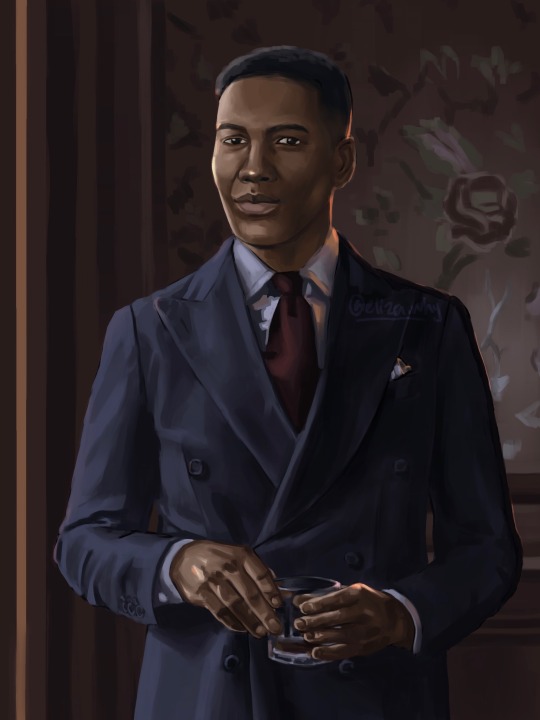
im obsessed with uncle bertie. he’s such a handsome guy.
#my art#a league of their own#aloto#aloto fanart#a league of their own art#league of their own#uncle bertie#uncle bert#Bertie hart#aloto edit
365 notes
·
View notes
Text
bertie hart from a league of their own is transgender (canon)


#a league of their own#bertie hart#uncle bertie#transgender#trans#transgender characters#trans characters#lgbt#lgbtq#lgbtqia#lgbt+#lgbtq+#lgbtqia+#queer#queer characters#submission#ask#your blorbos are queer
16 notes
·
View notes
Text
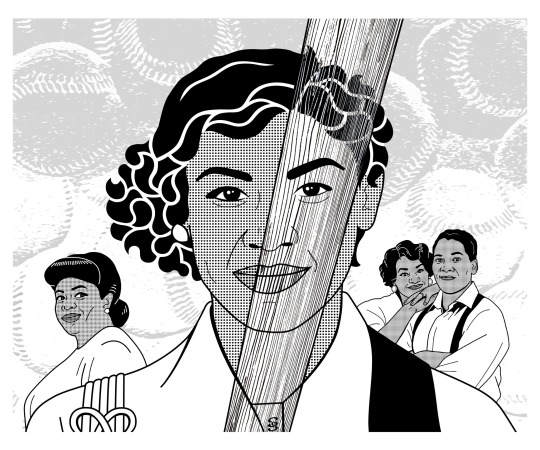
Max in the style of Mulan
101 notes
·
View notes
Text

Lea Robinson as Bertie Hart
#unfortunately I am in LOVE#my god and in those SUITS??? 😍😍😍😍😍#a league of their own#a league of their own 2022#a league of their own tv#bertie hart#uncle bertie#lea robinson
90 notes
·
View notes
Text
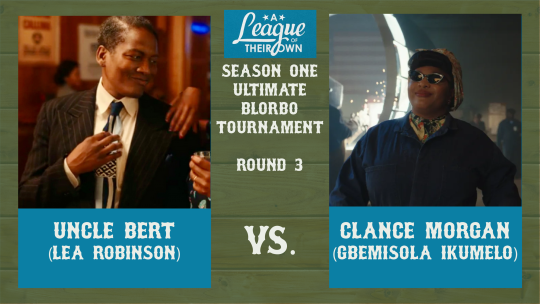
#aloto tourney poll#a league of their own#a league of their own 2022#aloto#league of their own#tournament#character tournament#fandom tournament#fandom poll#character poll#aloto tournament#uncle bert#uncle bertie#uncle bert aloto#uncle bertie aloto#bert aloto#bertie aloto#clance aloto#clance morgan#clance morgan aloto#lea robinson#gbemisola ikumelo
31 notes
·
View notes
Text
The scene in the last or second to last episode where Max asks Uncle Bertie « Did you have a dream? » and Bert answers «Who, me? You’re looking at it » while gesturing at his outfit is underrated
26 notes
·
View notes
Text
*in a singing voice*
I'm going insaaaaaaaneee and Amazon it iiiiissss aaaaaaalllll youuuuuuuurrrr FaaAAauuUUUUUULLtttt
Juuuuusst reneeeeeeeeewwwww myyy shoooouuuwwww
You
Li ttle
BIIIIIIIIIIIIIIIIIIIIIIIIIIIIIIIIIIIIIIIIIIIIIIIIIIIIIIIIIIIIIITCHHHHHHHHH AAAAAAAAAAAAAAAAAAAAAAAAAAAAAAAAAAAAAAAAAAAAAAAAAAAAAAAAAAAAAAAAAAAAAHHHHHHHH
*normal voice*
I created this piece in a really rough time in my life, so I hope to whoever listen to it enjoy.
Thank you very much for listening
Amazon I hate you but this hate can go back to being indifference with you renew the queer baseball show
Aka
A LEAGUE OF THEIR OWN SEASON 2
#a league of their own#aloto 2022#aloto 2023#aloto#renew a league of their own#carson shaw#greta gill#a league of their own renew#esti gonzalez#lupe garcia#jess mccready#jo deluca#maybelle fox#terri#ana blair#max chapman#esther warner#uncle bertie#grace#clance morgan#guy morgan#cheryl#toni chapman#*sighs sadly*#charlie shaw#edgar chapman#shirley cohen#gary#sargent bervely#will graham
18 notes
·
View notes
Text
ALOTO's Lea Robinson on Queer Family and What Connects Us
62 notes
·
View notes